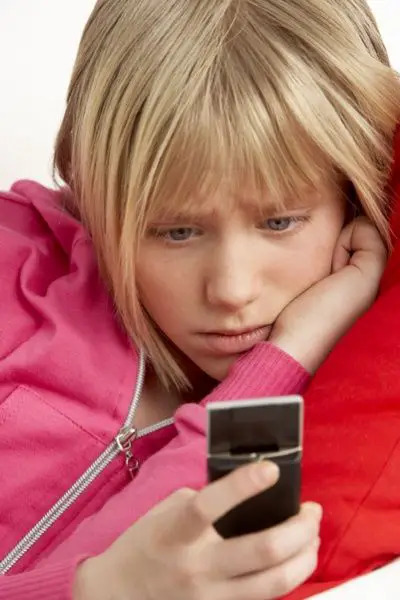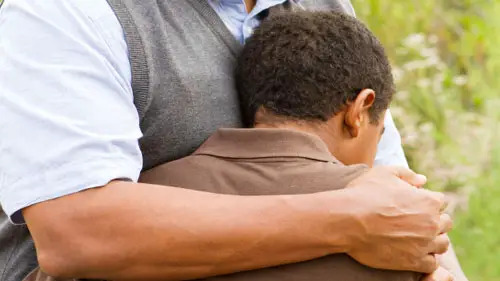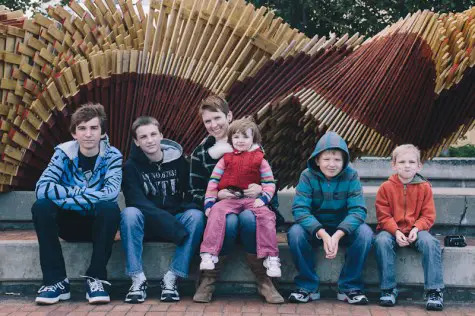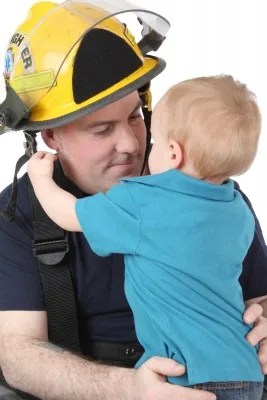The tragic Sandy Hook Elementary School shooting in Newtown has affected almost everyone living in the Connecticut and tri-state area. Here, some advice from local experts on how to cope with the tragedy, how to talk to kids about the shooting, and what you can do for the families involved.
 Help Kids Cope with Tragic News
Help Kids Cope with Tragic News
With the 24/7 news schedule and even young kids’ increasing access to the news via the Web and social media, they’re sure to hear about the tragedy from several different sources, and they may be feeling afraid or uncertain. “You want to give kids many opportunities to express their feelings— through play, through drawing, painting, through dictating stories, and through talking,” says Susan Lipkins, PhD, a psychologist and nationally recognized expert in traumatic issues/events which confront children, tweens and teens.
The American Humane Association offers 7 tips to help parents talk to their children about tragic events in the news, including how to recognize symptoms of stress and when to get your child help.
After the Shooting: The Role of Parents and Teachers
 The Child Mind Institute, an NYC-based organization dedicated to children’s mental health care, offers advice for the parents and teachers most affected by the Sandy Hook shooting, including how to help your child cope with the death of friends and classmates and a guide for teachers on how to appropriately address the tragedy in the classroom.
The Child Mind Institute, an NYC-based organization dedicated to children’s mental health care, offers advice for the parents and teachers most affected by the Sandy Hook shooting, including how to help your child cope with the death of friends and classmates and a guide for teachers on how to appropriately address the tragedy in the classroom.
In the coming weeks, parents and educators will need to be particularly vigilant in helping all students, and especially those in the early grades, to feel safe in school and to deal with feelings of worry about their own well-being as well as that of their peers and trusted adults. Below are links to a few helpful resources:
* A list of tips from SAMHSA on how to talk to children of different ages about violence and traumatic events, including tips for parents of kids with special needs
* Advice from the American Psychological Association: Helping Your Children Manage Distress in the Aftermath of a Shooting
* Advice from the National Association of School Psychologists: A National Tragedy: Helping Children Cope
* Resources from the American Academy of Child & Adolescent Psychiatry: Restoring a Sense of Safety in the Aftermath of a Mass Shooting: Tips for Parents and Professionals
Managing Feelings of Helplessness
Erin McDonough, PhD, a child psychologist at St. John’s University in Queens, says it’s normal to feel grief and helplessness after a tragedy like the Newtown shooting: “In the age of mass media and social media, our exposure to it is so much greater than it would have been 30 years ago,” she says. “Seeing all of the suffering on TV, we’re much more affected by it.”
What can we do to reduce our suffering?
1. Limit our exposure to media, and be aware that when we’re watching media, often our children are seeing it or hearing it indirectly.
2. The other way to take care of ourselves is by sleeping well, eating well, drinking water, exercising, which all helps during times of stress.
3. Another way is by helping each other. Whether it’s the victims of Newtown or someone else, express your empathy in a way that is active and productive. Talking to friends and family can help.
4. Remember to give yourself a break. This time of year is so busy, but take time out and have some down time. It’s also important to not make major decisions during times of stress. They tend to be emotionally driven, rather than by rational thought.
 Overcoming the Fear: Advice from The Happiest Mom
Overcoming the Fear: Advice from The Happiest Mom
In a blog post about the Newtown tragedy, Meagan Francis, a mom of five, addresses tips for coping with the anxiety of living in the safe-but-uncertain-enough-to-freak-us-out 21st century:
“While we can honor the Newtown parents who will never see their children again – and just live better lives – by making an effort to speak to our own kids more kindly, taking care to look them in the eye when they talk, agreeing to one more round of Go Fish, it would be unhealthy and unrealistic to parent as though a worst-case-scenario is probable instead of just possible.
“My kids will annoy me. I will be short with them and sometimes forget to stop and smell the roses. And that’s OK. It’s life. It’s part of the story of family life and childhood and motherhood from the beginning of time. When we try to do better, let’s do it because it will create better lives for ourselves and our children, not because we’re afraid.”
Learning to Trust Again
After a tragedy like a school shooting, you may be wary about sending your kids into the world without you, even if it’s just dropping them off for a play date at a friend’s house. Dr. Lipkins offers advice on how to broach the subject of whether other parents keep guns in the home:
“It is the kind of question most people would not ask. However, if you are concerned and while you’re setting up the play date, you can lightly say something like, ‘My family is a bit anxious after what happened in Connecticut, and I want to make sure our children are safe. Are you by chance a collector of guns?’
“If they say yes, then ask, ‘How do you deal with that with your children?’
“In that discussion, find out where they keep them and how they keep them and their thoughts about it. I don’t know that this is an appropriate question, but in light of what happened, I think you can ask. It’s less about the presence of guns and more about the parents being comfortable with the level of supervision happening in the house.”
 Getting Emotional Support
Getting Emotional Support
Optum, a health services company, is offering a free emotional support help line for people affected by the tragic shootings at Sandy Hook Elementary School in Connecticut. The help line will provide affected individuals with access to specially trained mental health specialists. The toll-free help line number, 866-342-6892, will be open 24 hours a day, seven days a week, for as long as necessary. Emotional support resources and information are also available online at liveandworkwell.com.
How to Offer Help
Many of us feel a strong urge to help the families affected by the tragedy, but it’s diffucult to know how to do so in an appropriate way. Here, Natascha Santos, Psy.D., a New York State-certified bilingual school psychologist based on Long Island, offers advice on how to offer help the right way:
“Just let them know that you’re available for anything, something little like spending time together, sitting with them, or picking up their mail. But don’t overwhelm them with a lot of information or questions. I would just offer condolences or words of sympathy. I wouldn’t go into specifics about what happened. I wouldn’t mention anything other than heartfelt words that you’re thinking of them, you’re praying for them. Make the focus positive, not negative.
“I think another good thing to do is for kids to write letters to the siblings of the children involved—the kids who lost their siblings. They’re going to suffer quite a bit.”
 Honoring First Responders
Honoring First Responders
“There are a lot of heroes in Newtown, from the teachers to people in the community to the first responders,” says Thomas Demaria, PhD, director of the Psychological Services Center at Long Island University Post Campus and founder of the volunteer-run Trauma Response Team, which provides counseling to those affected by traumatic events. “And families can send letters, or pictures, or packages, but the thing to remember is that for the first couple of months after, the first responders are still working. They’re still managing, investigating, making sure the families and children are safe.
“When the needs of others have been fully attended to, first responders appreciate that others appreciate their sacrifices. The acknowledgement is rewarding to the first responders and their own families. The other piece of that is it’s good to give kids something to do. Having them draw pictures, or say thank you, is a way of coping.”
How to Help Make the World a Better Place for Your Family in Small Ways
 There are tons of opportunities in your neighborhood − both big and small — for you and your children to make a difference. Diane Lang, a psychotherapist, author, and positive living expert, provides 25 ways to help make the world a better place and encourages you to add to it or make your own list from scratch. Start by smiling, giving a hug, and telling your family and friends that you love them.
There are tons of opportunities in your neighborhood − both big and small — for you and your children to make a difference. Diane Lang, a psychotherapist, author, and positive living expert, provides 25 ways to help make the world a better place and encourages you to add to it or make your own list from scratch. Start by smiling, giving a hug, and telling your family and friends that you love them.























